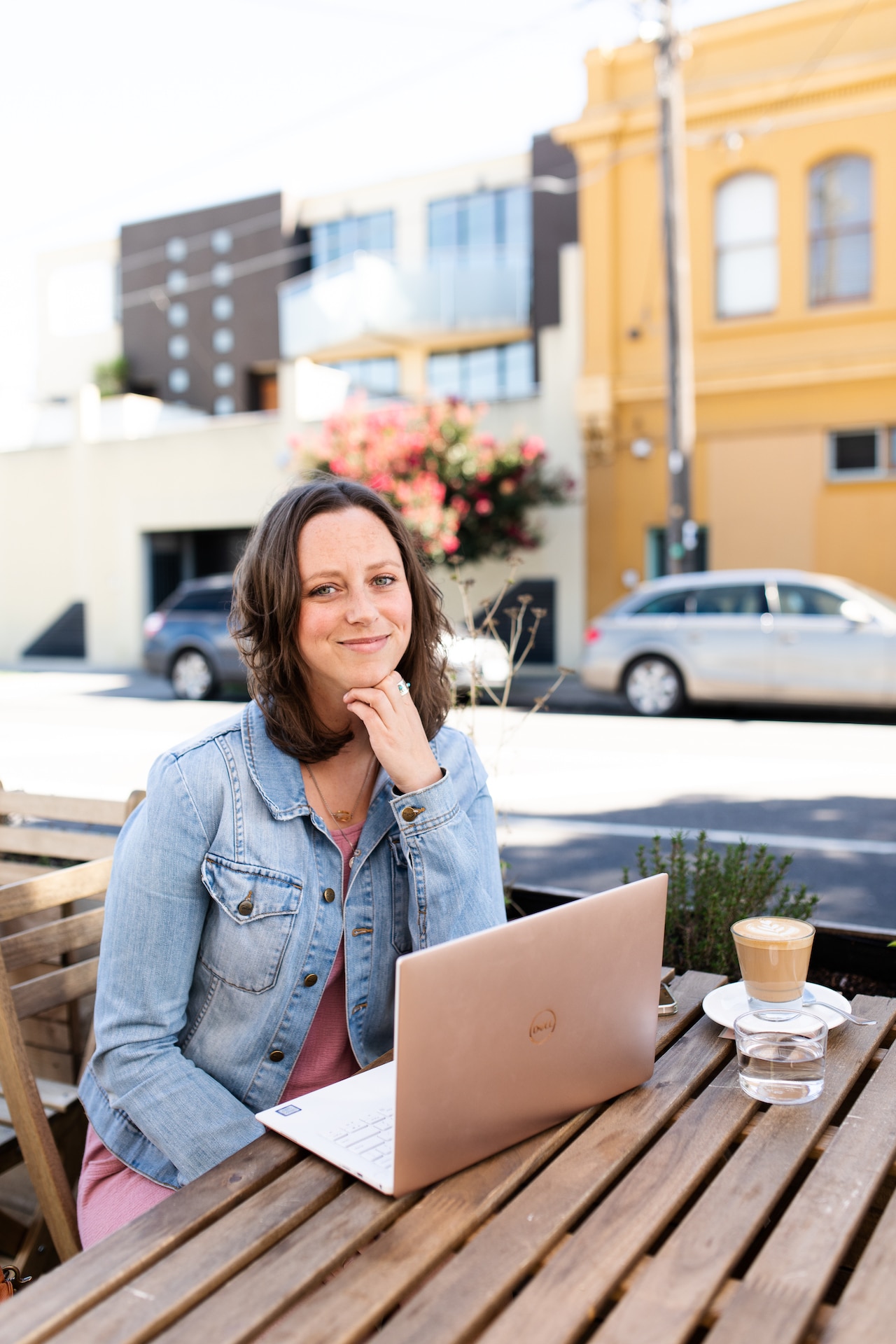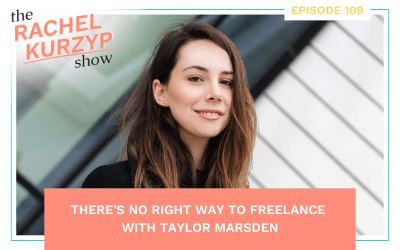You’ve probably heard of Pay it Forward and maybe you have even watched the movie? But does it work in practice?
Yesterday I was reminded of the theory when I ordered my morning coffee. I saw the café was encouraging customers to pay for an additional coffee that could then be redeemed by a stranger that couldn’t afford to buy one. The owner said many people had enjoyed a redeemed coffee – from businessmen to people that were homeless and many more had paid it forward.
And it got me thinking, is Pay it Forward just another way to make ourselves feel good and think we are making a difference?
Lots of studies have concluded that people who help others generally are happier, more positive, and feel like they have a purpose. Also, those that had been a recipient of kindness said being thankful wasn’t enough they wanted to ‘give back’ because they were truly grateful. Overall people said they give because of the way it makes them feel, so while they may not expect something in return they do expect to feel that warm buzz.
However, in the real world not all deeds will give you equal fulfillment. Giving someone directions won’t feel the same as paying for a stranger’s taxi and also won’t feel the same as driving your sick neighbor to the doctor surgery. While it’s a nice idea to help a stranger, studies have shown that you will experience greater fulfillment if you help someone you know. The act then becomes more about building relationships and not altruism. Yet many of us still love the romantised idea of helping someone we don’t know and imagining what their reaction will be.
Also studies have shown that giving becomes boring and can feel like a chore if you continue to give in the same way. It is advised that you change the way you give to avoid fatigue. To help you do this you can read how to give back in just 5 minutes a day or pick an act of kindness off a list that requires minimum effort but maximum buzz. The problem is as soon as someone has to seek out new ways to give it becomes less about the act and more about the individual’s fulfillment.
While there’s no doubt that random acts of kindness and generosity can make us feel good and motivate us to pass the feeling onto others, I think theories like Pay it Forward in the reality do little to change the world.
At it’s core the theory encourages people to do what they should already be doing – being generous, compassionate and treating others how they wish to be treated. The simple fact that we need reminding shows us that what should come naturally doesn’t and that perhaps we should focus not on making people feel good but removing what makes them feel bad.
As I was leaving the coffee shop I noticed that the board listed 245 coffees. That’s a lot of coffees to be redeemed or a lot of giving that hasn’t been received.
What do you think?





